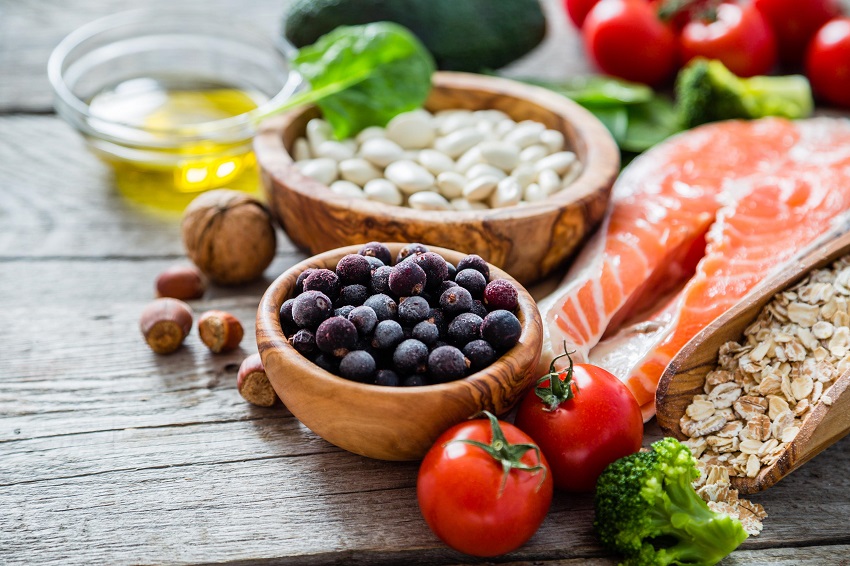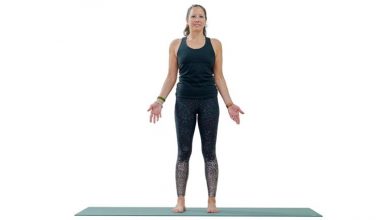What is the Lowest Calorie Diet Possible?

Do you ever wonder what it takes to embark on a journey toward a healthier lifestyle? In a world where health consciousness is on the rise, finding the right diet can be a challenging yet rewarding endeavor. If you’re on the quest for effective weight management and overall well-being, you might have stumbled upon the concept of the lowest calorie diet. In this article, we’re diving deep into the concept of the lowest calorie diet, exploring its benefits, potential drawbacks, and how you can embrace it to achieve your health goals. This article is presented by Samathi4life.com.
What Exactly is the Lowest Calorie Diet?
At its core, the lowest calorie diet revolves around a simple principle: consuming the fewest number of calories while still meeting your nutritional needs. The focus here is not just on shedding pounds but on doing so in a sustainable and health-conscious manner. Unlike crash diets that promise quick fixes, the lowest calorie diet emphasizes the importance of making informed choices and cultivating a positive relationship with food. Try these diets low in calories.
How Does It Work?
The mechanics of the lowest calorie diet are straightforward yet require dedication and mindfulness. It involves identifying the daily caloric intake needed to maintain your current weight and then gradually reducing that intake to create a calorie deficit. This deficit prompts your body to tap into its energy reserves, leading to weight loss over time.
But it’s not just about the numbers. Nourishing your body with nutrient-dense foods, such as fruits, vegetables, lean proteins, and whole grains, ensures you’re not only cutting calories but also providing your body with the essential vitamins and minerals it needs to thrive.
The Benefits: Beyond the Numbers
Weight Loss and Beyond
Undoubtedly, the primary benefit of the lowest calorie diet is weight loss. By consuming fewer calories than your body expends, you create a scenario where your body starts utilizing stored fat for energy. This can lead to a gradual and sustainable reduction in weight.
Improved Insulin Sensitivity
Research suggests that a low-calorie diet can enhance insulin sensitivity, reducing the risk of type 2 diabetes. When your body efficiently utilizes insulin to manage blood sugar levels, you pave the way for better overall health.
Longevity and Cellular Health
Caloric restriction has been linked to increased lifespan in various animal studies. While the translation to humans is still being explored, the concept of promoting cellular health through controlled calorie intake is captivating.
Exploring the Challenges
Nutritional Balance
One of the critical challenges of the lowest calorie diet is ensuring you maintain a balanced intake of essential nutrients. With fewer calories to work with, every choice matters. Emphasizing nutrient-dense foods is crucial to prevent deficiencies. Discover What Does a Vegan Diet Consist Of?
Metabolic Adaptation
After prolonged caloric restriction, your body may adapt by slowing down your metabolism. This can make continued weight loss more challenging and may even lead to weight regain if not managed properly.
Embracing the Journey
Embarking on the lowest calorie diet requires a shift in perspective – from considering food as a mere source of pleasure to viewing it as fuel for a healthier life. Here are some tips to help you on your journey:
- Mindful Eating: Pay attention to your body’s hunger and fullness cues. Eat slowly and savor each bite.
- Stay Hydrated: Drinking water before meals can help you feel fuller, reducing the likelihood of overeating.
- Plan and Prepare: Plan your meals ahead of time to avoid impulsive choices that may derail your progress.
- Include Protein: Protein-rich foods can help you stay satisfied and maintain muscle mass during weight loss.
- Seek Professional Guidance: Consulting a healthcare provider or registered dietitian can provide personalized guidance and ensure you’re meeting your nutritional needs.
The Road to a Healthier You
In conclusion, the lowest calorie diet offers a promising path toward weight management and improved health. By fostering a mindful relationship with food and making conscious choices, you can achieve your goals while nourishing your body. Remember, it’s not just about the destination – it’s about embracing the journey to a healthier, happier you.
FAQs
Q1: Can I follow the lowest calorie diet indefinitely?
A: While short-term caloric restriction can be effective, it’s essential to prioritize nutritional balance and avoid prolonged extreme restrictions.
Q2: Will the lowest calorie diet leave me feeling fatigued?
A: Initially, you might experience some adjustment, but focusing on nutrient-dense foods and proper hydration can help maintain your energy levels.
Q3: Are there any age restrictions for adopting this diet?
A: The lowest calorie diet should be approached with caution, especially for growing adolescents and older adults. Consulting a healthcare professional is recommended.
Q4: Can I exercise while on the lowest calorie diet?
A: Yes, but it’s crucial to listen to your body. Adjust your exercise routine to match your energy levels and nutritional intake.
Q5: What if I don’t see immediate weight loss results?
A: Remember that sustainable changes take time. Focus on overall well-being and celebrate non-scale victories along the way.




